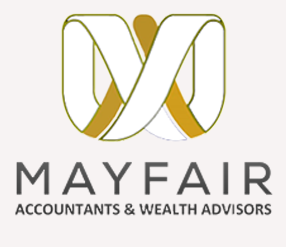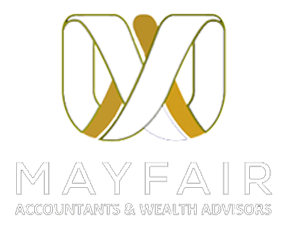Compliance checks are enquiries made by the HM Revenue & Customs (HMRC) to ensure the right amount of taxes are paid at the right time. Even though it sounds simple, such enquiries can be very stressful because it can be done with or without warning.
If you’re an individual taxpayer or run a business, here is a list of some useful tips that can help you survive an HMRC compliance check.
Keep records
Record keeping is very important for the taxpayers because the records help you to make correct tax returns. In addition, HMRC will also ask for the records or documents during a compliance check.
On the other hand, if HMRC finds errors in your tax return, they can make the assumption that the same errors have been made in the previous years. As a result, they will proceed with inspections which can be very nerve-racking.
Do not hide anything
It is best not to hide anything from HMRC. Because if you do, they will find it sooner or later. Thus, if you have made some errors in your tax returns, inform the HMRC beforehand. This way you will be able to reduce the level of imposed penalties.
Prepare for meetings
As HMRC officers are well-trained and know the interview techniques, you need to prepare yourself very well to attend such meetings. By preparing yourself, you will be able to answer them confidently. You must also remember that you should always take your adviser in the meeting and take notes of everything from the meeting.
Apply for tribunal
Sometimes, HMRC can extend the enquiry unreasonably, you have the right to apply to the tax tribunal requiring HMRC to issue a closure notice within a specified period. Consequently, HMRC will not be able to continue the enquiry without any reasonable grounds.
Consult a professional
As tax affairs can be complex, seeking advice from specialist tax advisers can be very useful. Not only can specialist adviser has the experience of dealing with tax investigations, but they also help you prevent any negative outcome.
This is why it is important to consult a specialist who are familiar with the tax affairs and their consequences.
Compliance checks are part of HMRC’s work. So, whenever you get a compliance check from HMRC, it does not always mean something is wrong with your tax affairs.


